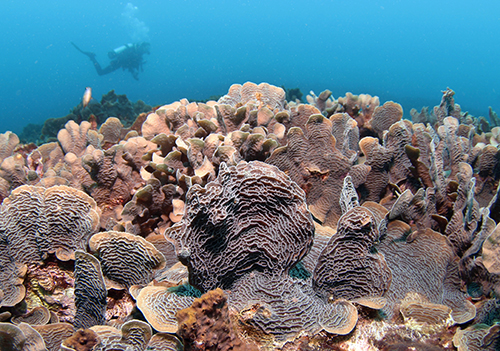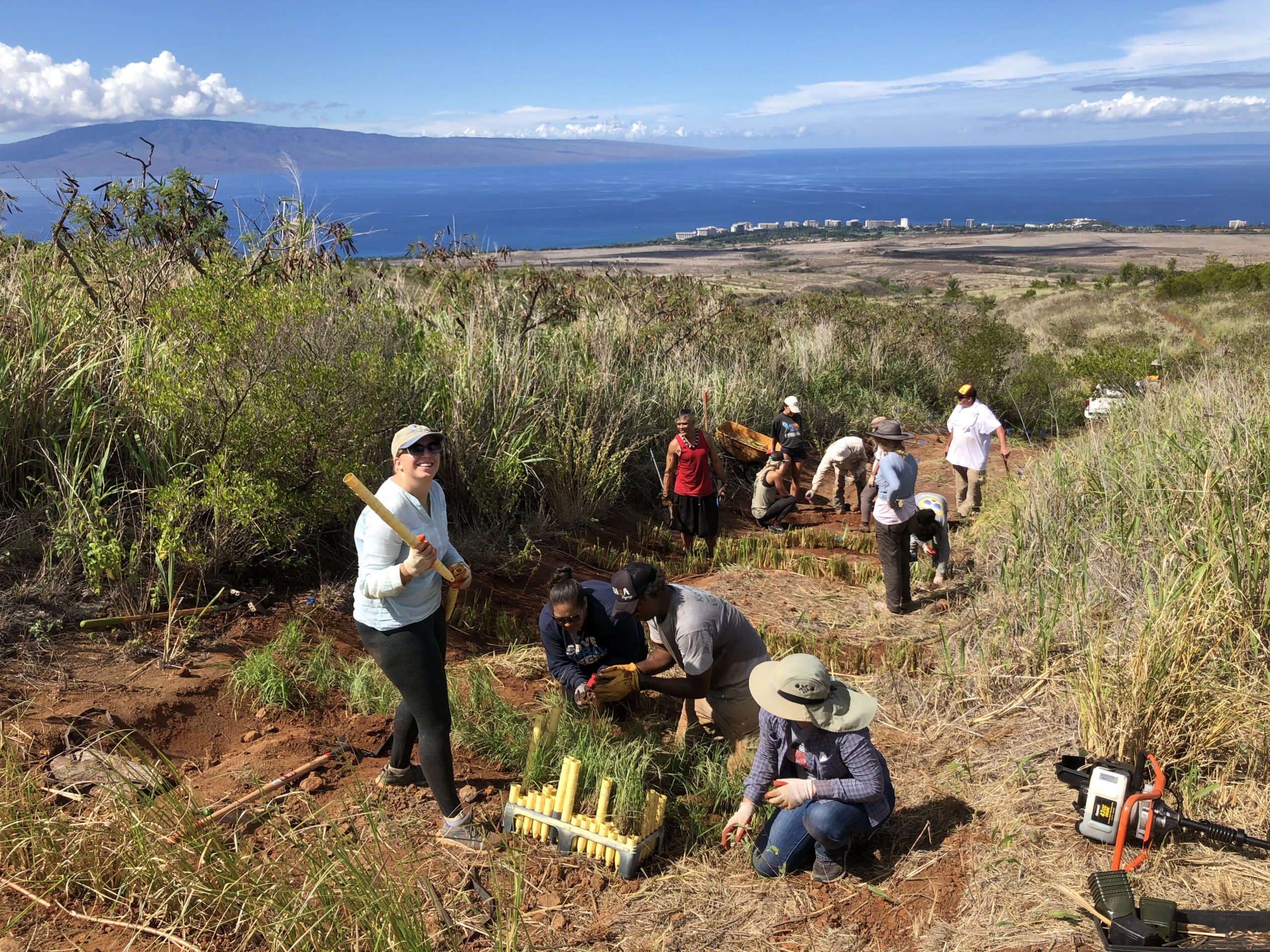By Dr. Madhavi Colton
 On April 22, 1970, concerned environmentalists came together to create Earth Day to focus on the environment and bring attention to the effects that humans were having on our planet’s ecosystems. The first Earth Day brought 20 million people together to rally for the protection of the environment, and later that year, the U.S. Environmental Protection Agency (EPA) was formed and the Clean Air, Clean Water, and Endangered Species Acts were passed.
On April 22, 1970, concerned environmentalists came together to create Earth Day to focus on the environment and bring attention to the effects that humans were having on our planet’s ecosystems. The first Earth Day brought 20 million people together to rally for the protection of the environment, and later that year, the U.S. Environmental Protection Agency (EPA) was formed and the Clean Air, Clean Water, and Endangered Species Acts were passed.
Since then, Earth Day has grown to a global event, with people around the world coming together to protect our environment. Almost 50 years later, our planet and its inhabitants are suffering as climate change causes severe ocean heat waves and increases the likelihood of wildfires. We’ve also seen the rapid decline of coral reefs over the past 30 years. These devastating consequences of climate change are becoming the new normal for our time. However, if we come together and raise our voices for solutions in the same way that we did when Earth Day was founded, there’s still hope for the state of our world and its inhabitants.
At CORAL, we’re developing and promoting solutions that help coral reefs adapt to the effects of climate change so that corals and the ecosystems they support can be celebrated 50 years from now. Our signature initiatives address local threats to reefs, including water pollution, overfishing, and habitat destruction. Our Science of Adaptation research shows that when these local threats are reduced, corals are more able to adapt to rising ocean temperatures. By creating networks of healthy reefs, we can ensure the survival of coral reefs for generations to come.

We know that the best way to reduce local stressors is in partnership with the people that interact with and depend on coral reefs. For example, in Honduras, our partnerships with residents, business owners, and the government have improved water quality to meet international safe swimming standards in West End, Roatán. We also partnered with local non-profits to make sure that the marine protected areas (MPAs) that we helped establish are effectively managed and well-patrolled, resulting in increased fish biomass. Efforts like these are creating the local conditions that allow corals to thrive, and because this work is part of a network, these reefs contribute to adaptation and repopulation across the entire Mesoamerican Reef (MAR) system. In addition to this work in the MAR, we are creating the conditions that will help corals adapt to the effects of climate change in Hawai’i and with partners in the Caribbean and around the world.
But we need your help! Here are some ways you can take action to help coral reefs:
- Join our volunteer program in Maui, which is reforesting the slopes of West Maui to reduce the amount of sediment flowing from land onto coral reefs. So far, the team has planted approximately 8,000 seedlings that are holding tons of soil in place and providing the clean water that corals need to survive.
- You can help slow the pace of climate change by taking steps to reduce your carbon footprint, and encouraging friends and family to do the same. CoolClimate Network has a carbon calculator that estimates your carbon output based on your travel habits, diet, shopping, and the type and amount of energy that you use to heat your home. After you view the results, they also provide ways that you can reduce your impact through options like telecommuting, switching to CFLs or LEDs, line drying your clothing, improving your refrigerator’s efficiency, and more.
- Help us spread the word about why it’s not too late to save coral reefs! Taking actions individually is a great step, but we also need to mobilize the conservation community and the world around adaptation and encourage everyone to take action. That’s why climate scientists like Dr. Katherine Hayhoe say that the most important thing you can do to fight climate change, is to talk about it and to share that there is hope because there are solutions.

If we rally together the same way we did 50 years ago, our collective efforts can encourage our leaders, industries, and the world to take action to save coral reefs and our planet’s other vital ecosystems. We’ll be sharing more about how we can save coral reefs together during our Earth Day webinar on April 22nd. I hope to see you there!